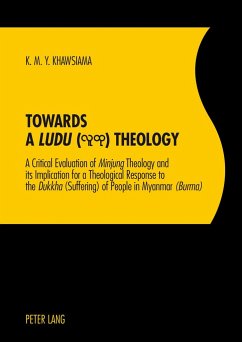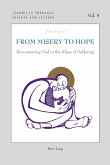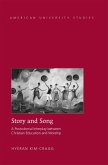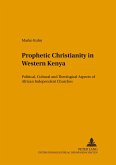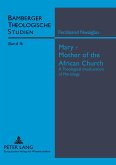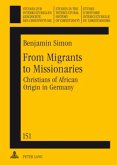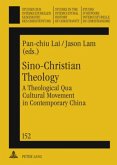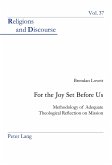This book attempts to develop a theological response to the suffering of people in Myanmar (Burma). For this purpose, a Burmese word Ludu is used to indicate the common people and a Buddhist term Dukkha will be employed to refer to their suffering. We can see the Ludu as a dukkha-ridden people in Myanmar context. Why do they suffer? Is their suffering the root cause of sin or the consequence of kamma - one's deed, word or thought? As a Buddhist-dominated country, how do Buddhists respond their suffering? What about Christian minority's response to this harsh situation? Can the Ludu, both Christians and Buddhists, see how God is revealed in the midst of their suffering?
In terms of suffering under oppression, Minjung (people/mass) in the Korean context is somewhat similar to the situation of the Ludu in Myanmar. In the 1970s, Minjung theology emerged during the era of military dictatorship in South Korea. How can Minjung theology be relevant for evolving a Ludu theology in Myanmar?
In terms of suffering under oppression, Minjung (people/mass) in the Korean context is somewhat similar to the situation of the Ludu in Myanmar. In the 1970s, Minjung theology emerged during the era of military dictatorship in South Korea. How can Minjung theology be relevant for evolving a Ludu theology in Myanmar?
«Khawsiama's book can be regarded as an innovative achievement for Asian theology, a challenge for further discussion not just in the field of theology and - hopefully - a starting point for a new critical discourse on the contextualisation of the Christian faith in its intellectualised form vis-à-vis society and other religions.» (Dr. Hans-Bernd Zöllner)

